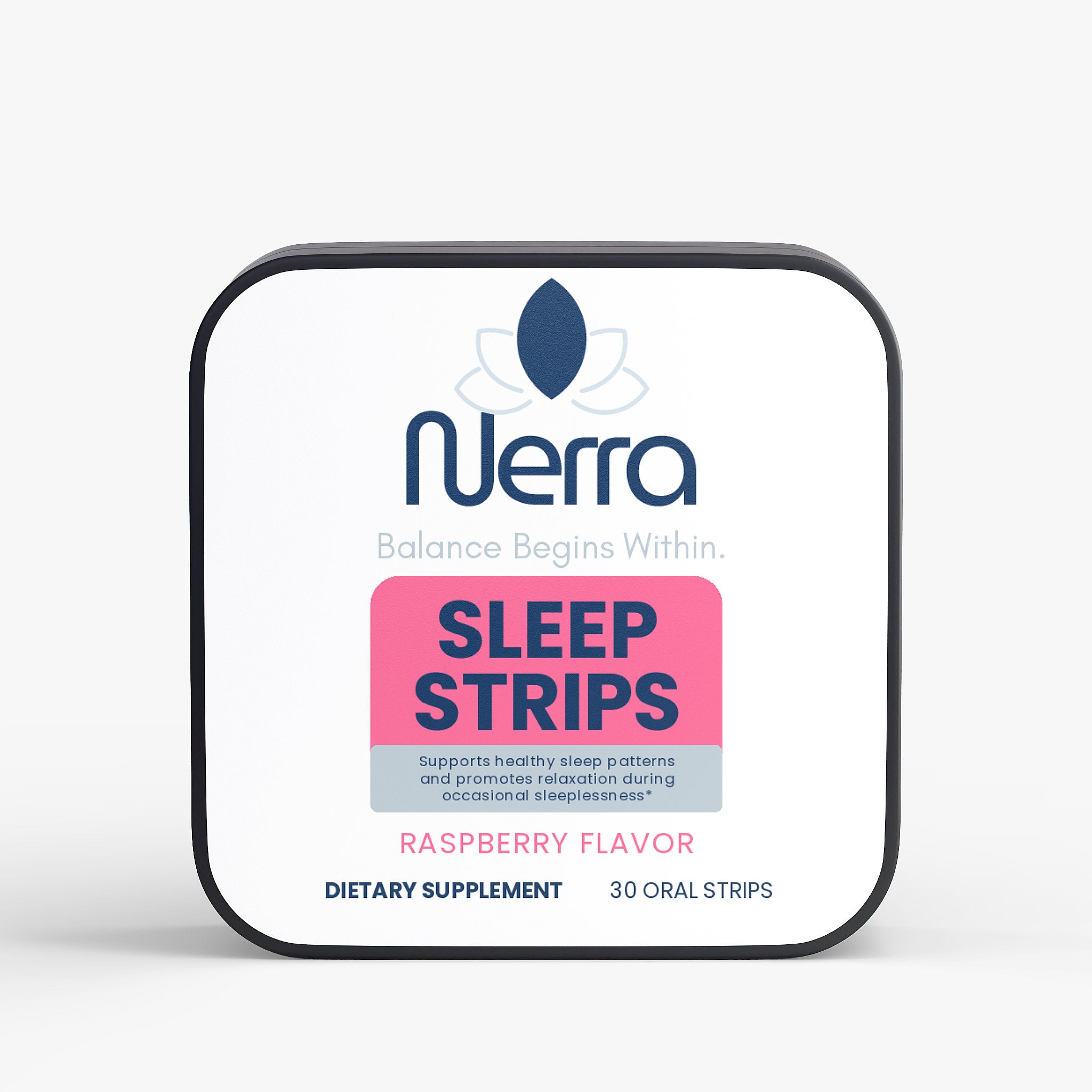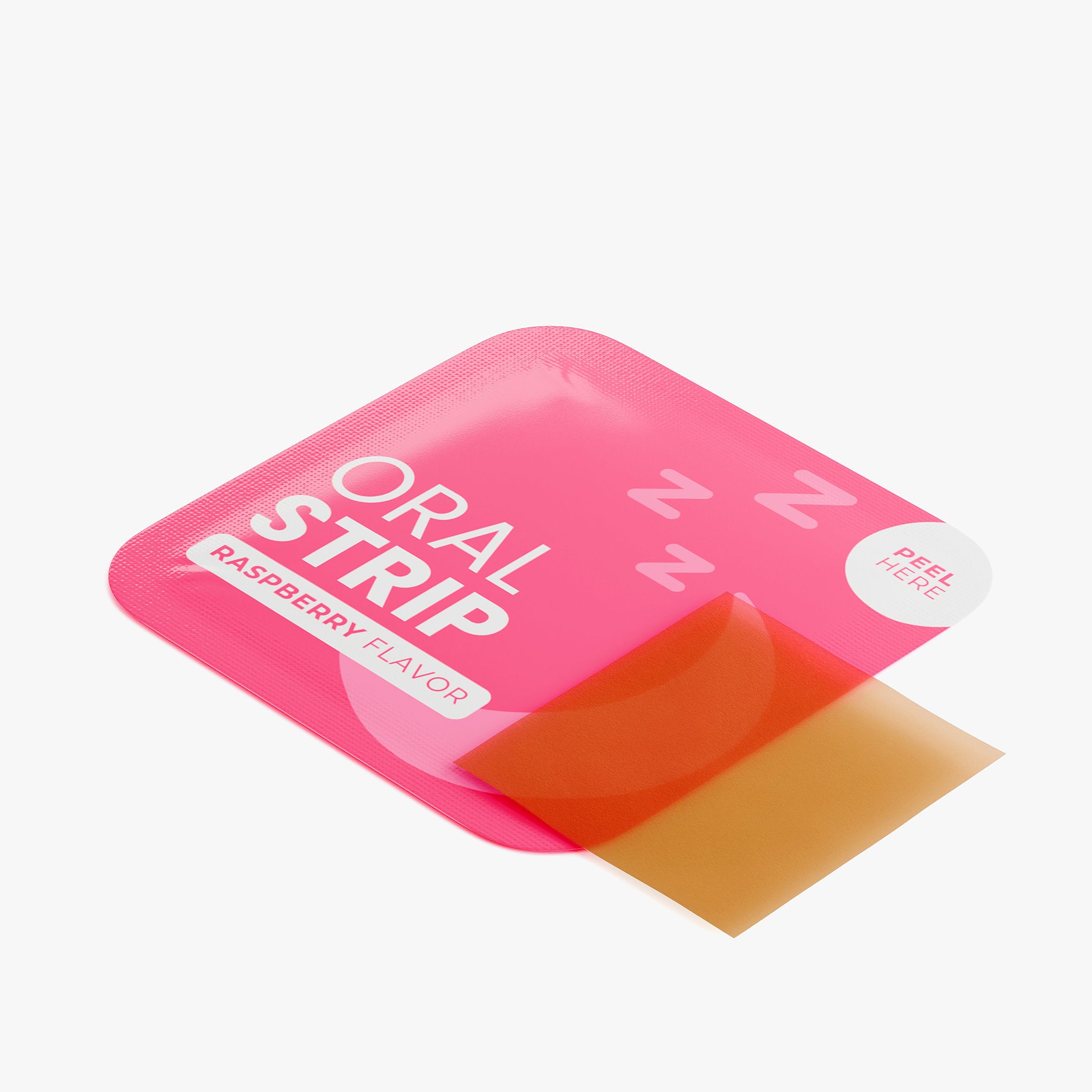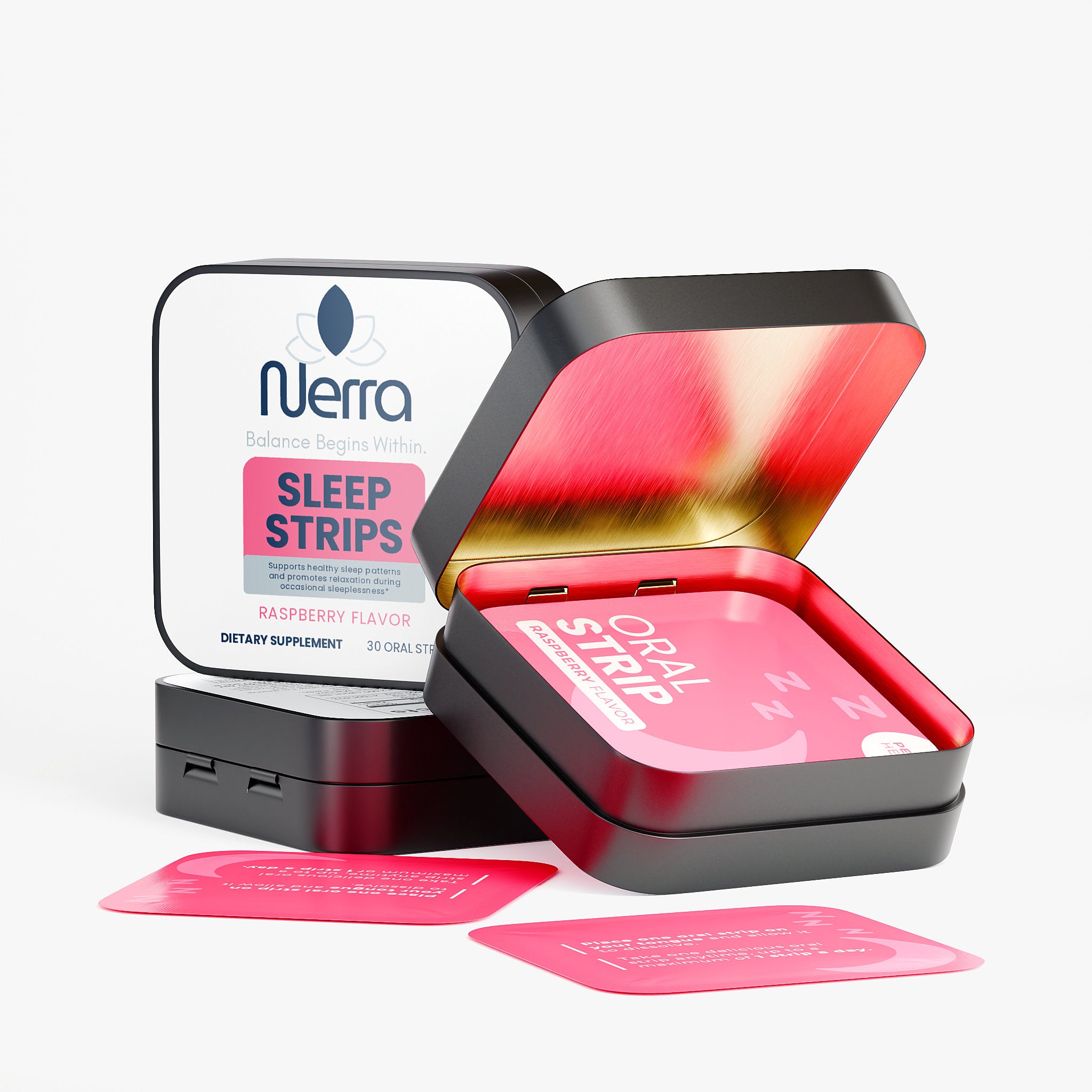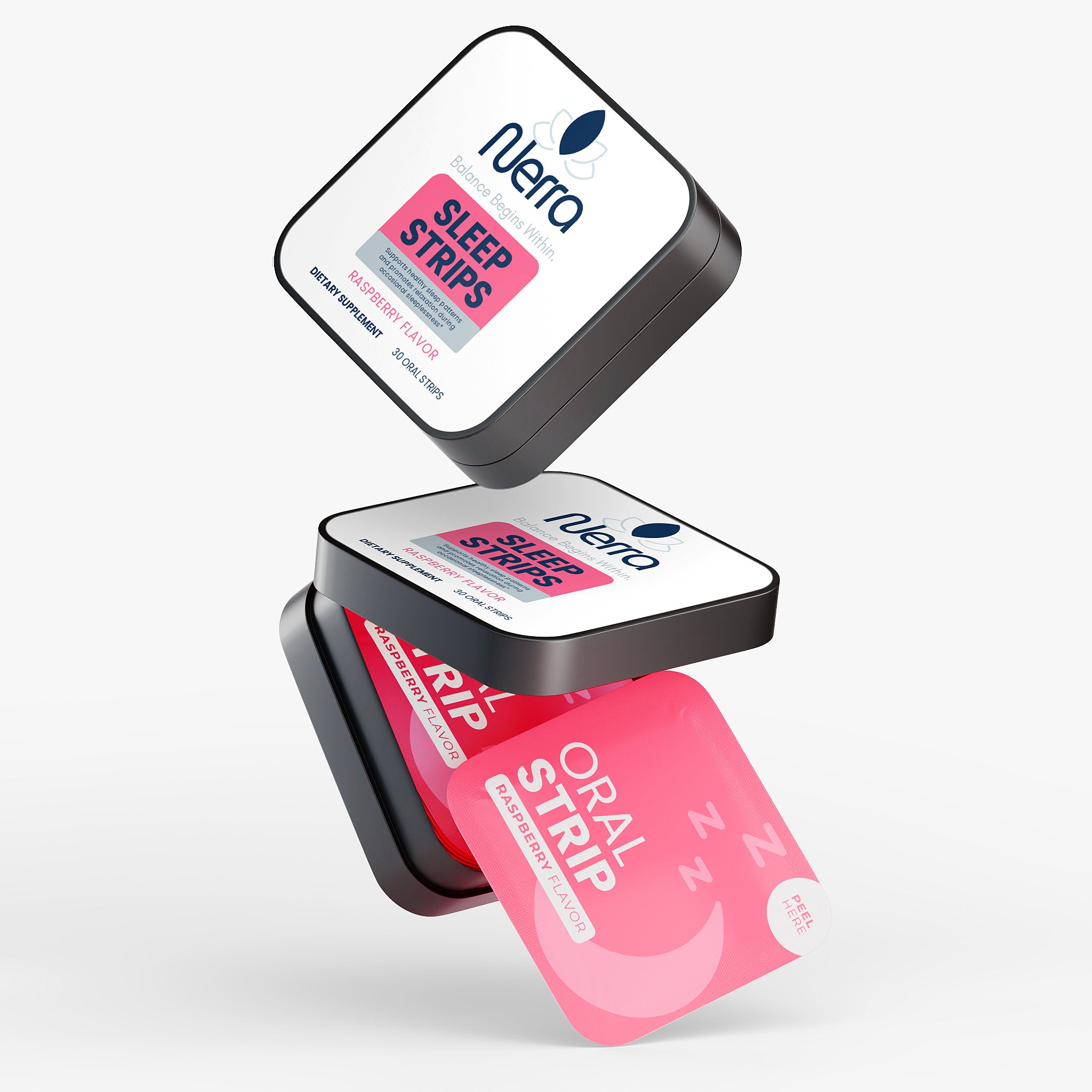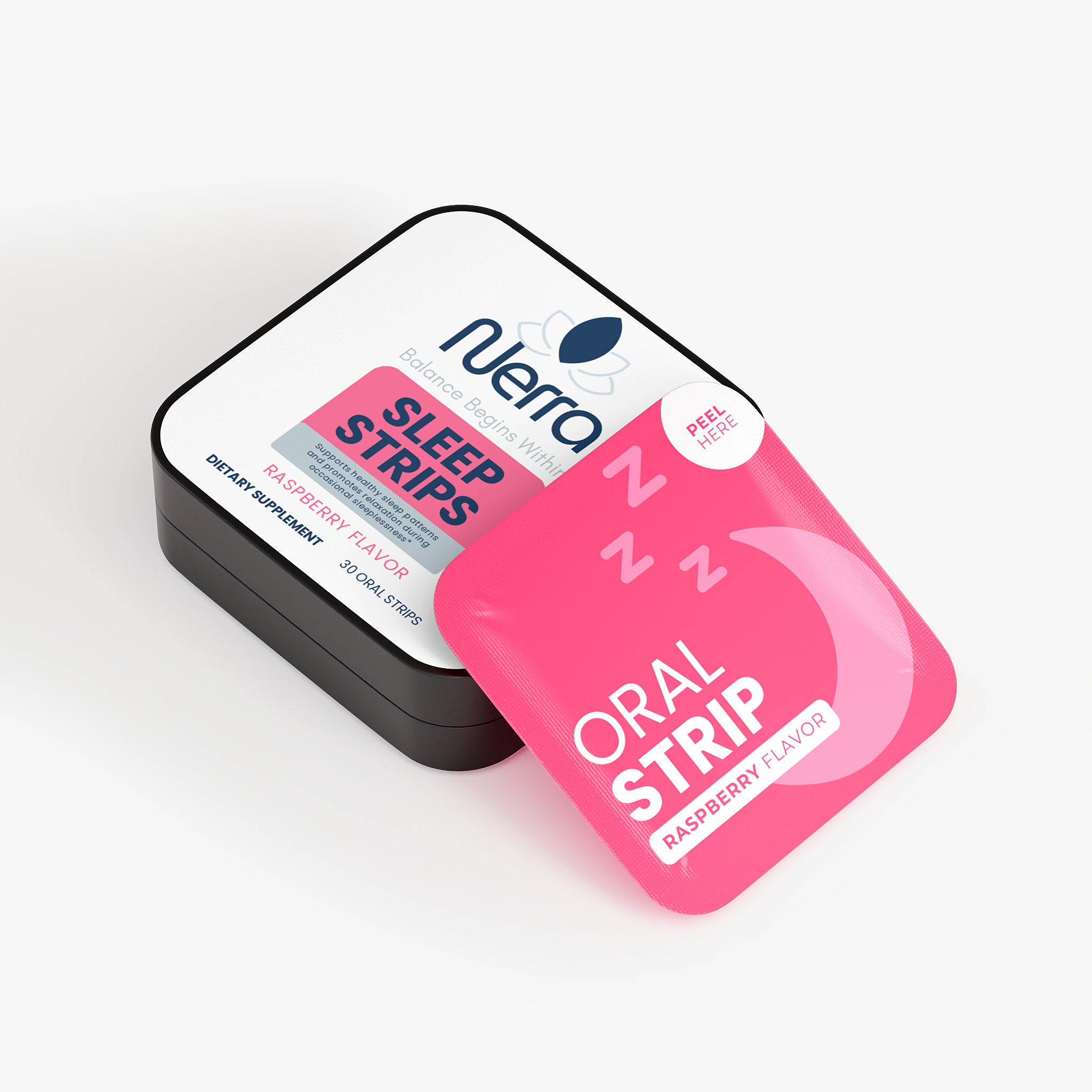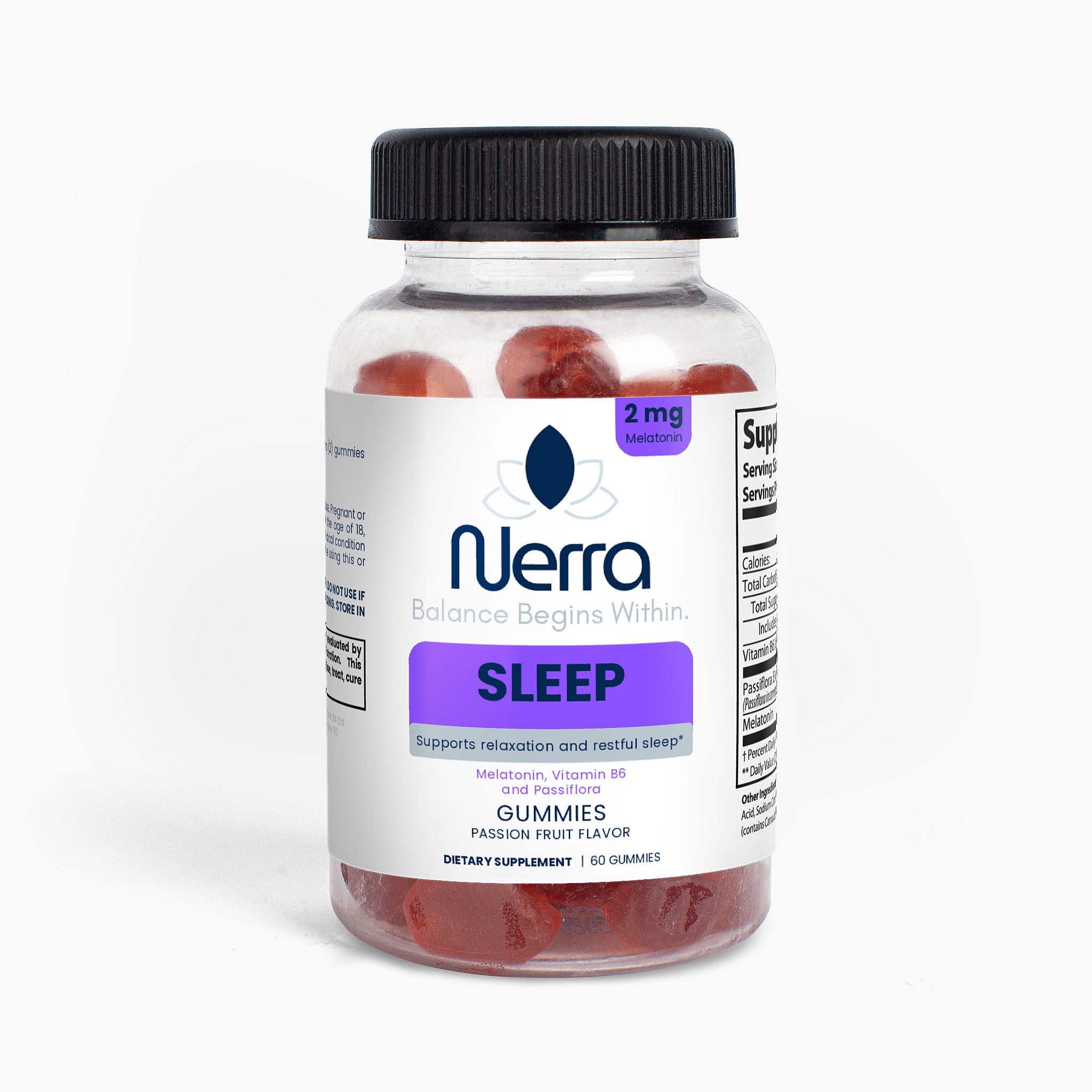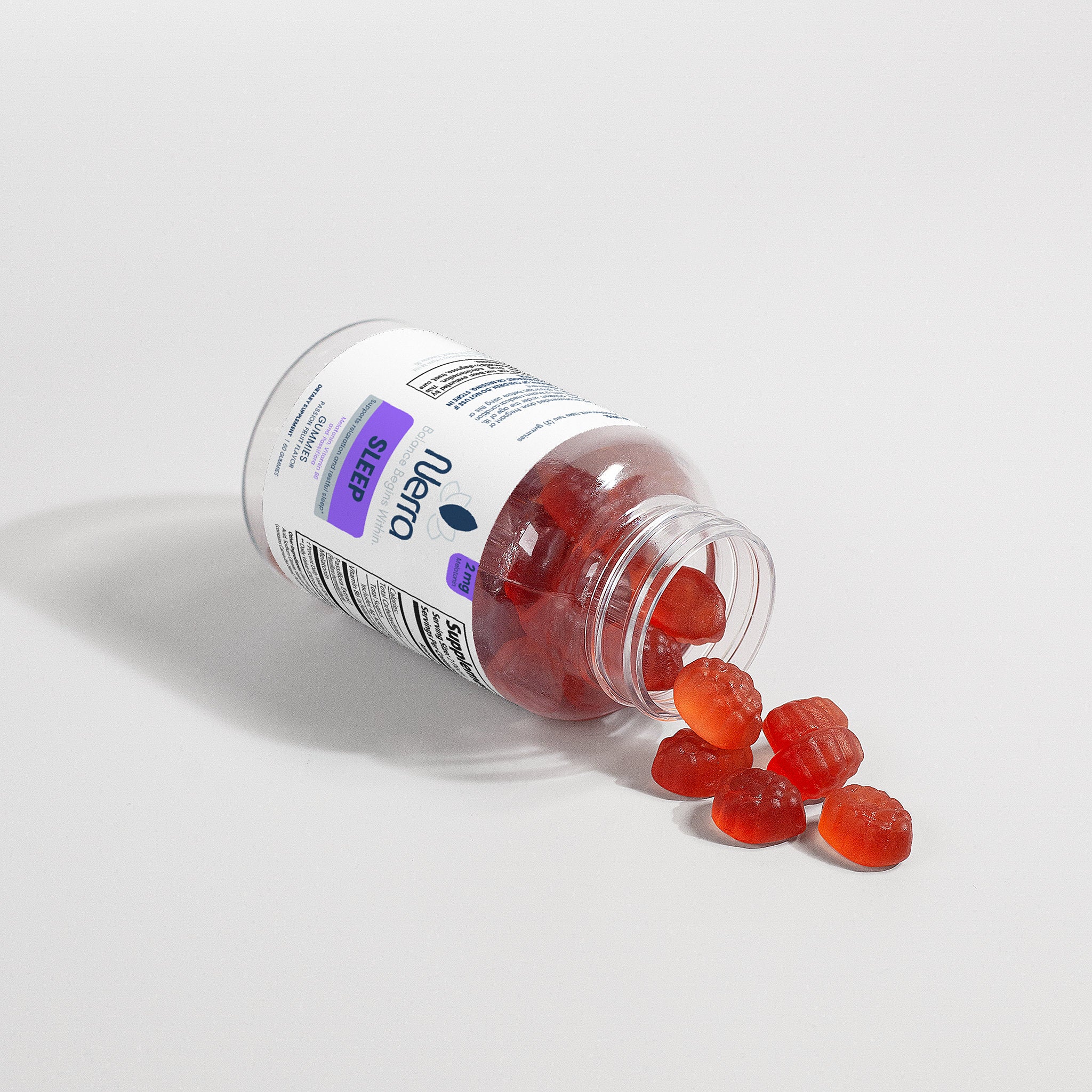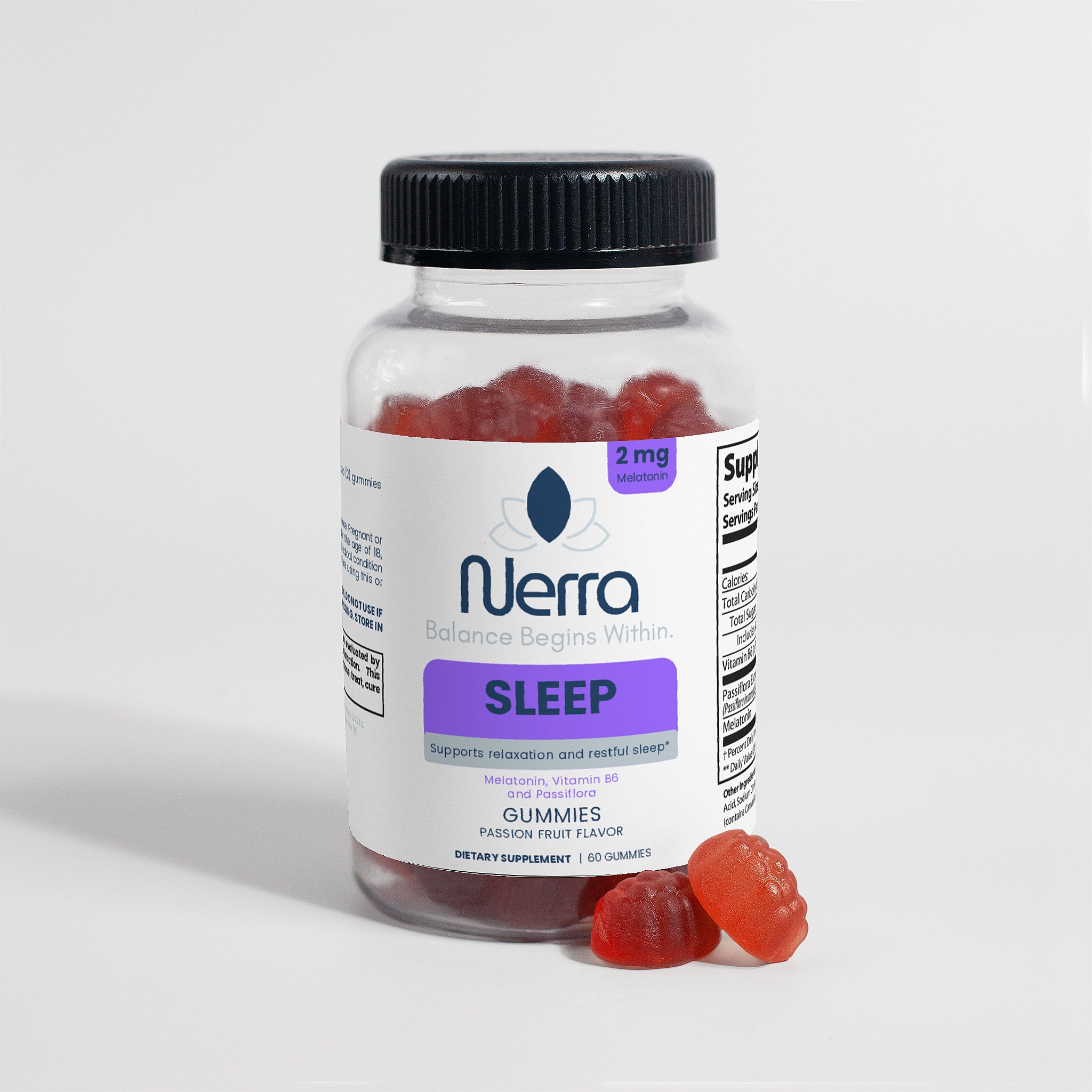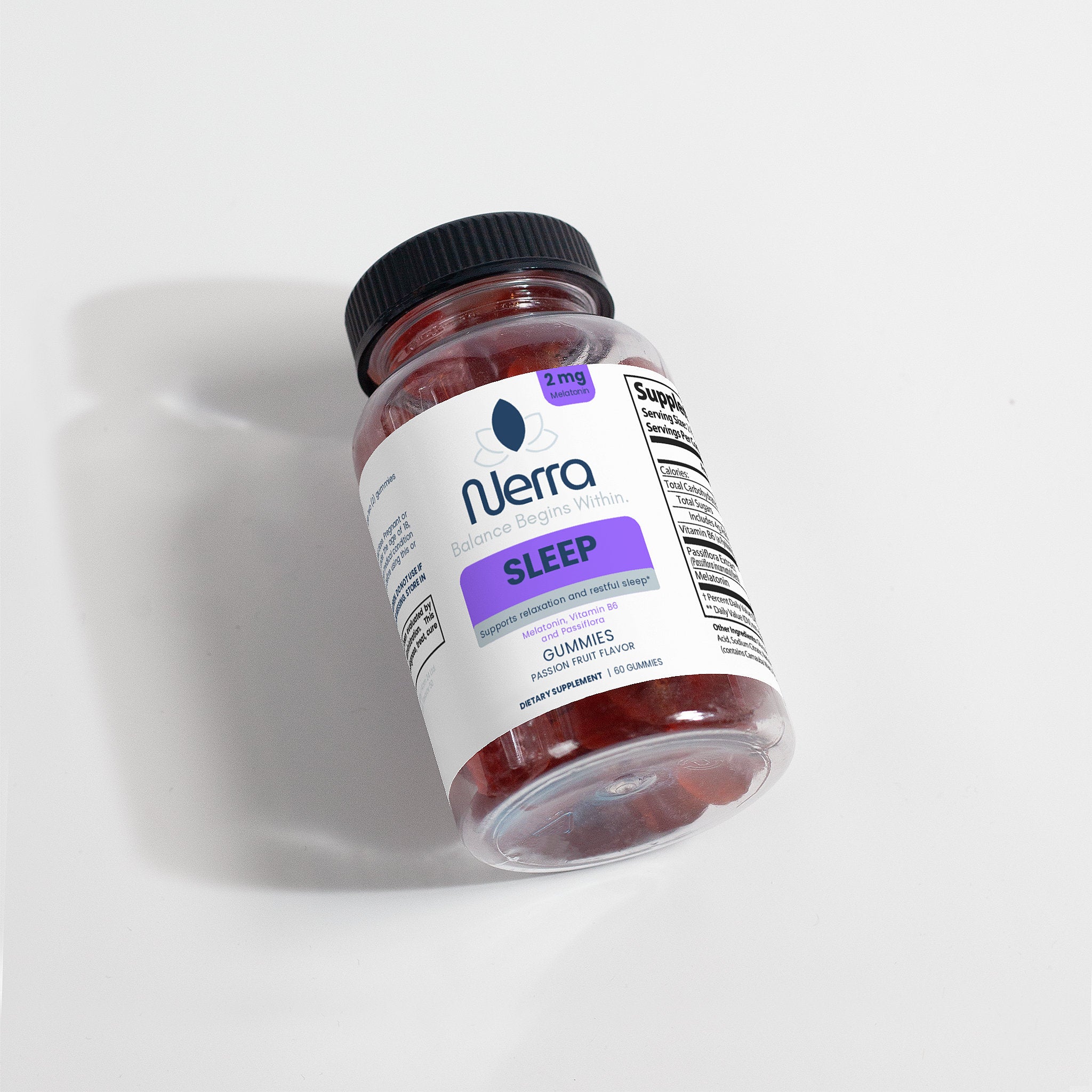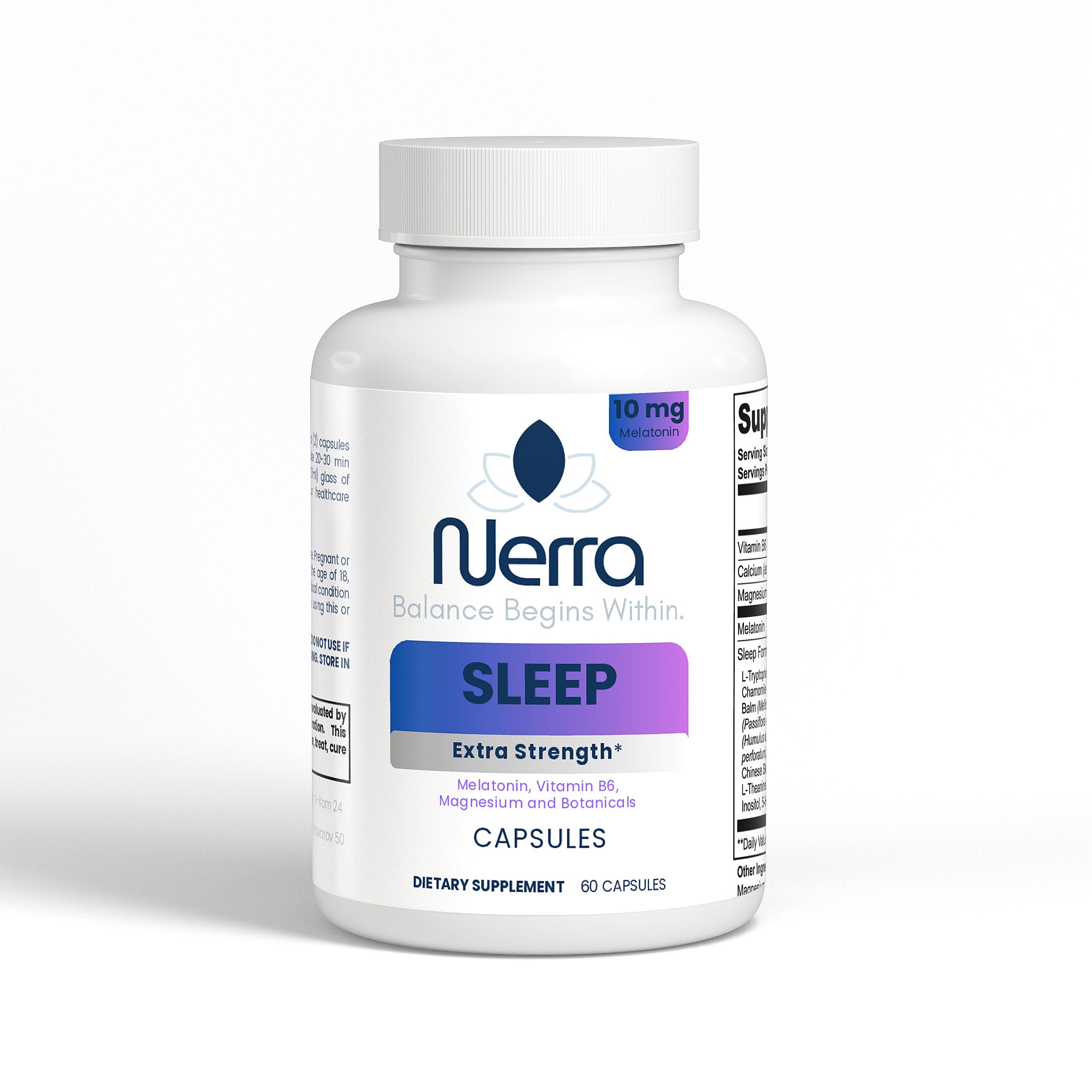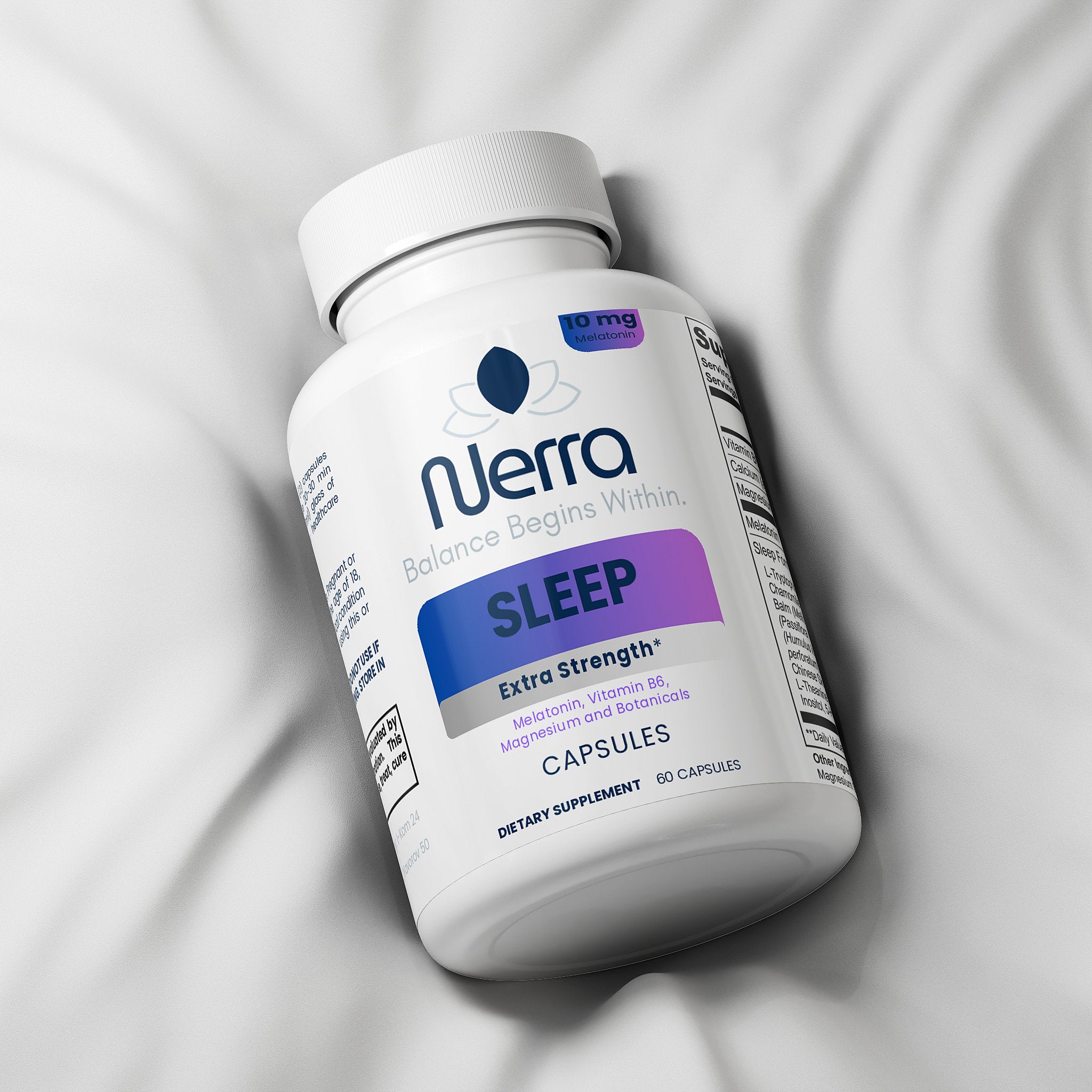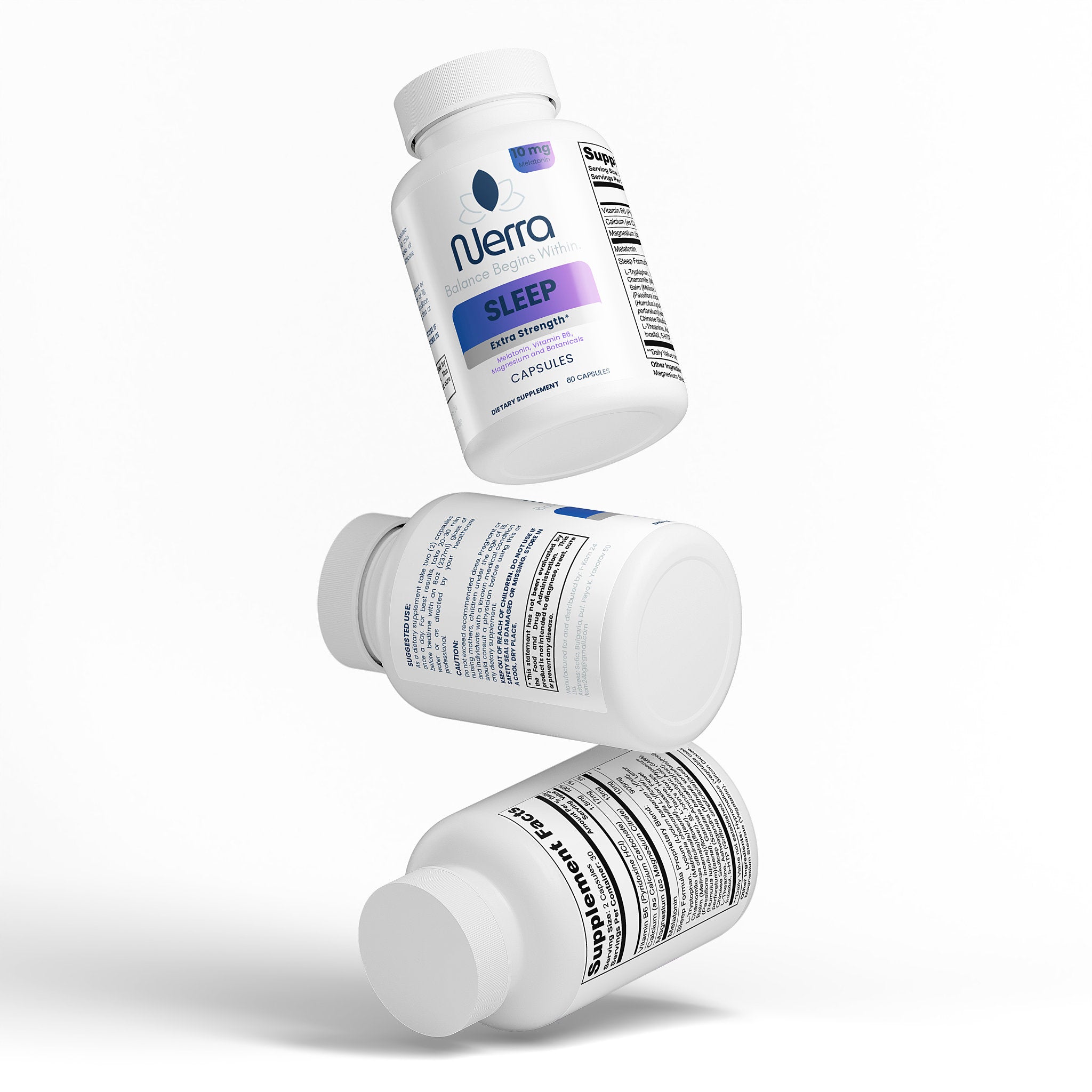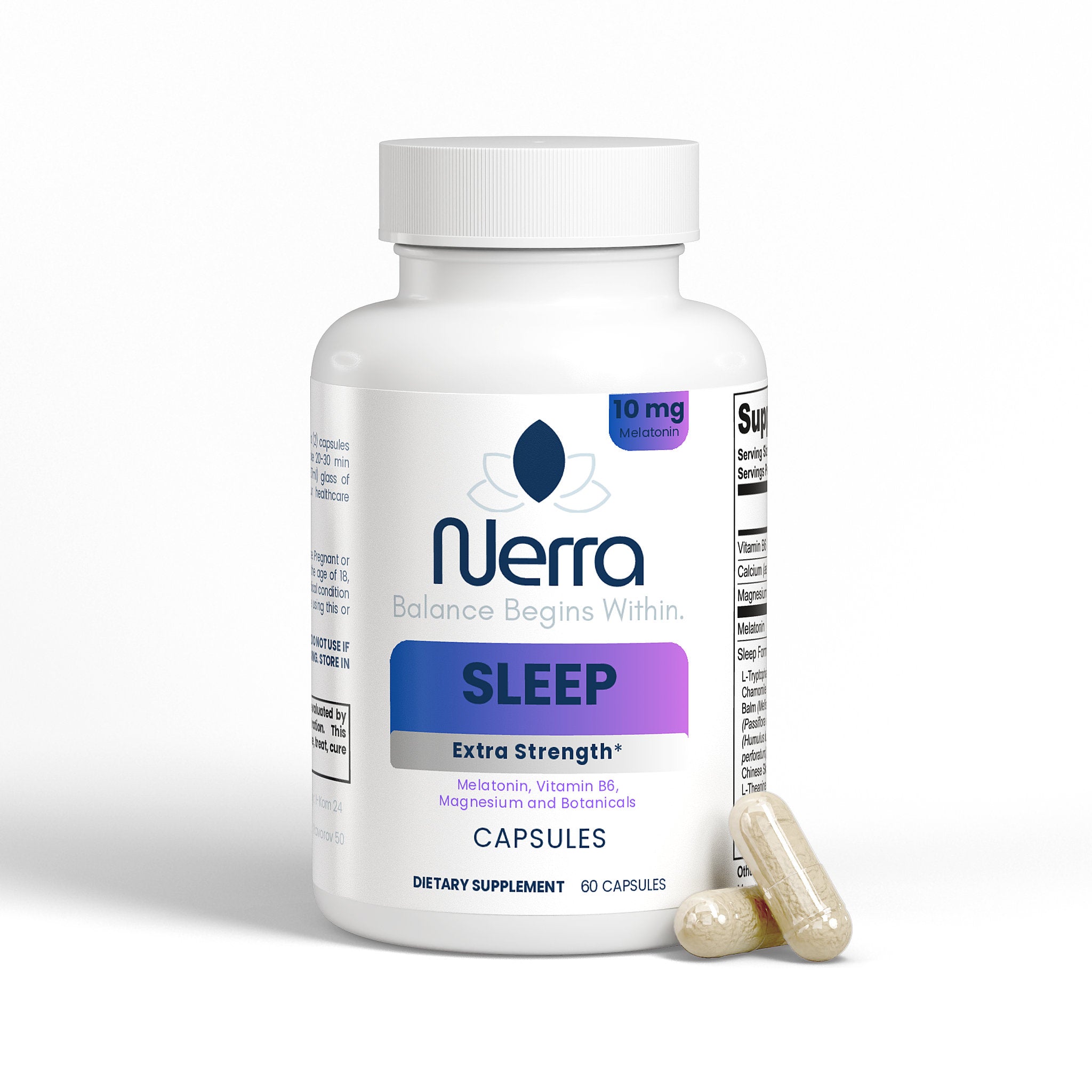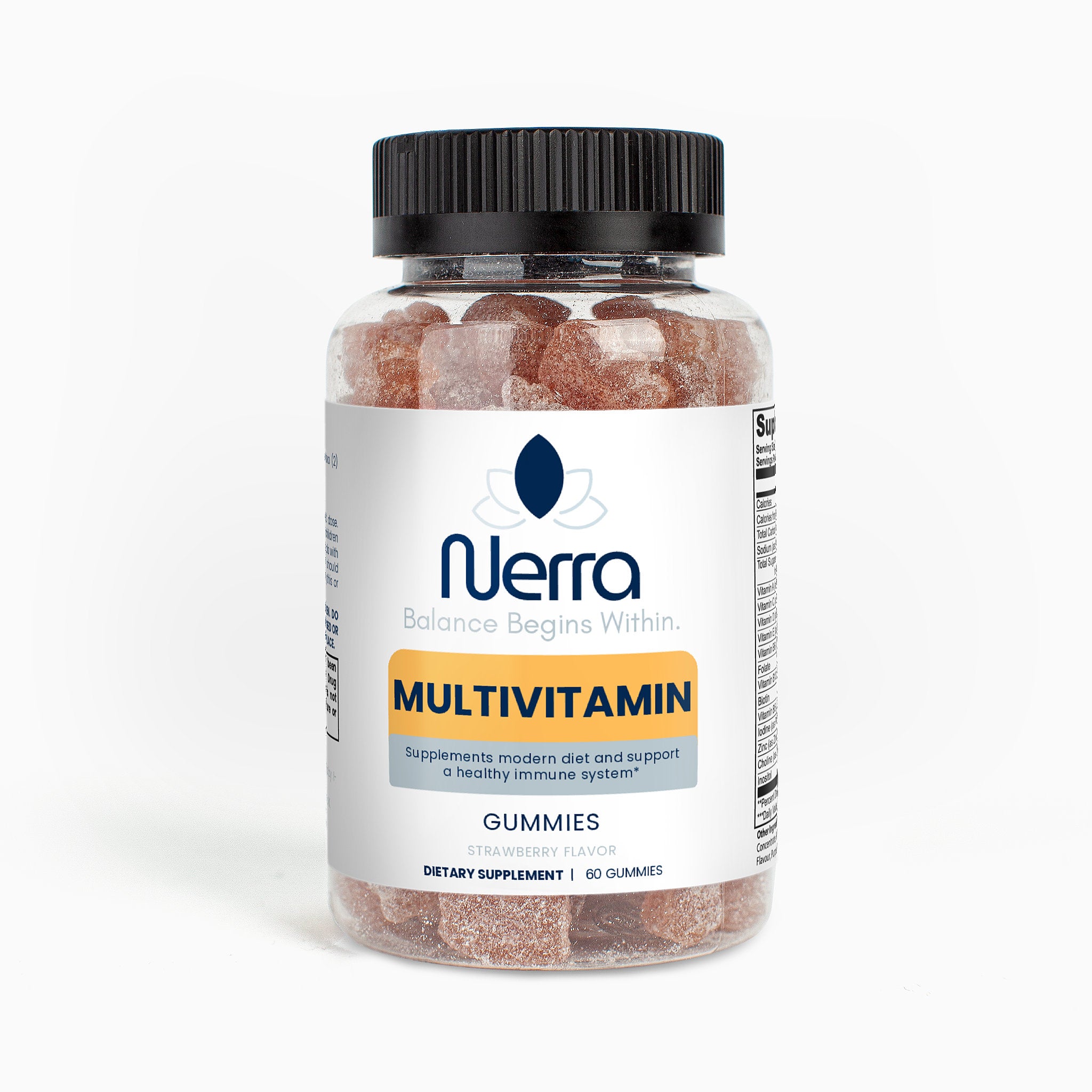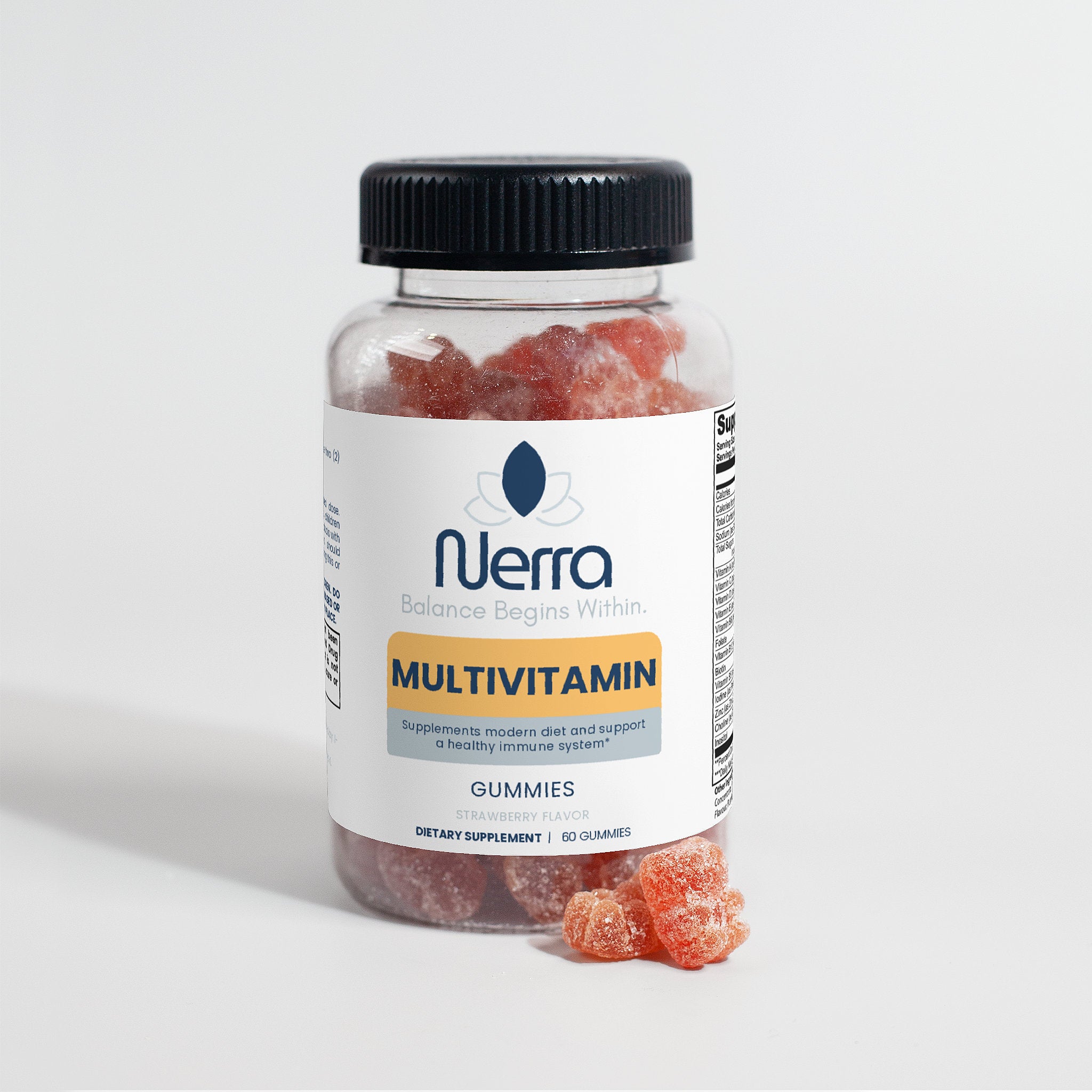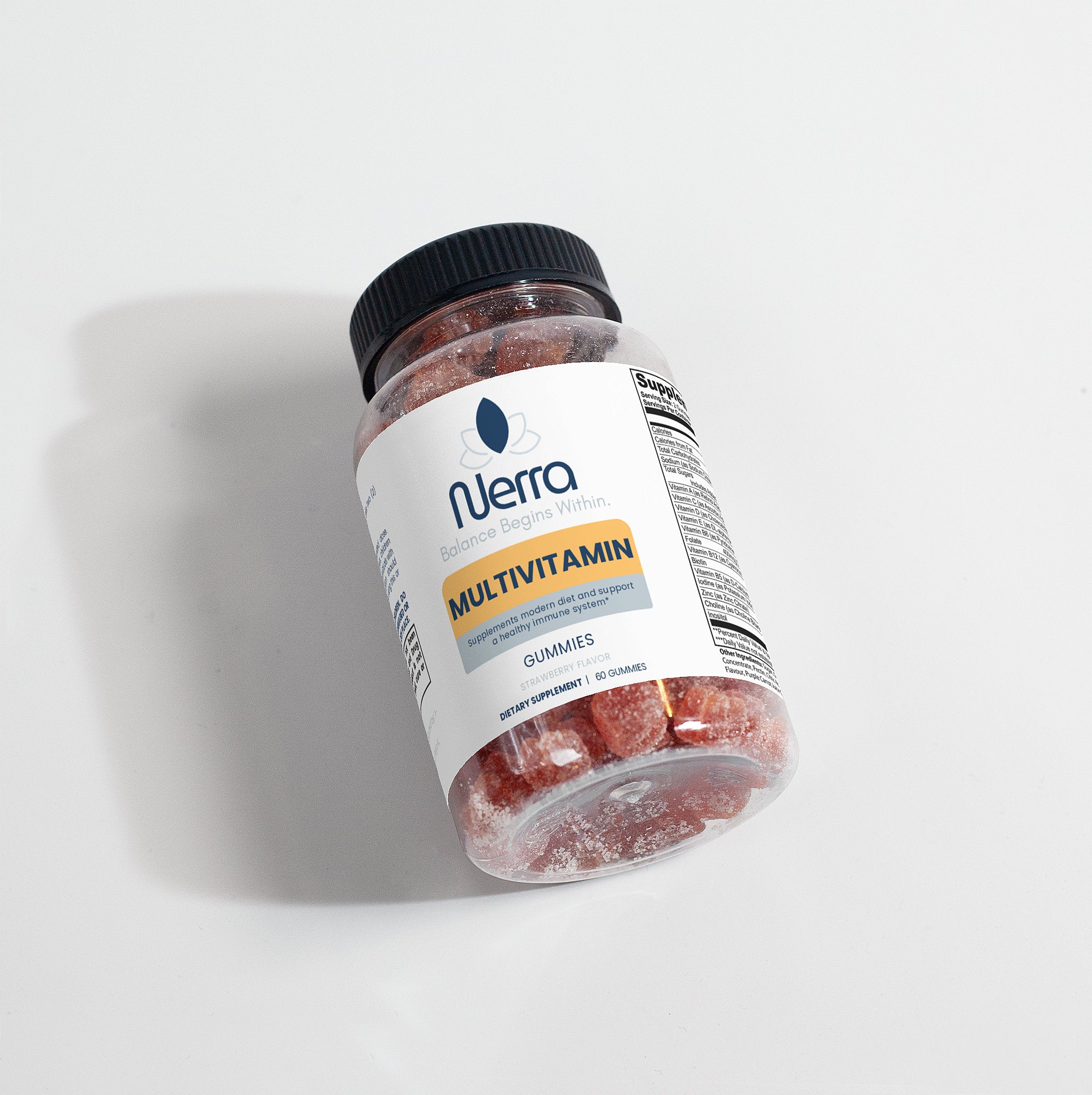It's 2:47 a.m. You're staring at the ceiling, mentally rehearsing tomorrow's presentation for the third time. Your partner is peacefully snoring beside you. The neighbor's dog barks. You check your phone—mistake. Now you're doom-scrolling and it's 3:15.
Sound familiar?
You're not alone. And here's the thing: that lost sleep isn't just making you tired tomorrow. It's quietly sabotaging your focus, your mood, your waistline, and even your long-term health. But here's the good news—fixing your sleep is one of the highest-leverage changes you can make for your entire life.
Let's talk about why sleep matters way more than you think, what's probably stealing it from you, and how to get it back starting tonight.
The Bottom Line (For the Skimmers)
Good sleep is your daily performance enhancer. It sharpens focus, stabilizes mood, improves decision-making, strengthens immunity, and regulates metabolism. Poor sleep does the opposite—it amplifies stress, triggers cravings, tanks productivity, and sets you up for long-term health issues. The fix? Consistent routines, smart light management, an optimized environment, and yes, a little help from science-backed tools when you need them.
First, What Does "Healthy Sleep" Actually Look Like?
Before we dive into why sleep matters, let's clear up what "good sleep" actually means. Because if you're clocking 7 hours but waking up feeling like you got hit by a truck, something's off.
Healthy sleep has four hallmarks:
Duration – Most adults need 7-9 hours regularly. (Teens need more; some lucky folks genuinely thrive on 7—but if you need three alarms and a gallon of coffee, you're probably not one of them.)
Quality – You fall asleep within 15-30 minutes, wake up once or less during the night, and actually feel restored most mornings. Not every morning—life happens—but most.
Consistency – Your bedtime and wake time stay roughly the same, even on weekends. (Yes, even on weekends. Sorry.)
Continuity – You're cycling smoothly through light sleep, deep sleep, and REM stages without constant interruptions. Think of it like a symphony—you need all the movements to get the full effect.
If you're checking most of these boxes, you're in good shape. If not? Keep reading.
Why Sleep Is Secretly Running Your Life
Okay, so we know what healthy sleep is—but why does it actually matter to your daily life? Let's get specific, because the benefits go way beyond just "not feeling tired."
Your Brain on Sleep (vs. Your Brain Without It)
Ever notice how after a terrible night's sleep, even small decisions feel impossible? That's not weakness—that's biology.
Sleep consolidates your memories and clears mental clutter. While you sleep, your brain literally takes out the trash (through the glymphatic system) and files away what you learned that day. Skip sleep, and it's like trying to use a computer with 47 tabs open and no RAM left.
The result? Better focus, sharper problem-solving, faster reaction times, and actual creativity instead of just surviving on caffeine and spite.
Your Mood Isn't Just "Off"—It's Sleep-Deprived
Ever snapped at your partner over nothing after a bad night? Or felt irrationally emotional during a sad commercial?
Well-rested brains handle irritations like water off a duck's back. Sleep-deprived brains? Everything feels like a five-alarm fire. Research shows that even modest sleep loss cranks up anxiety and emotional reactivity while dialing down your ability to regulate those feelings.
Translation: Sleep is the difference between "annoying but manageable Monday" and "why does everyone hate me and also I want to cry."
The Midnight Munchies Are Real (And Expensive)
Here's a fun fact nobody tells you: Short sleep messes with your hunger hormones.
When you're sleep-deprived, your body produces more ghrelin (the "I'm starving" hormone) and less leptin (the "I'm satisfied" hormone). The result? You crave high-calorie snacks, eat bigger portions, and your willpower around the office donuts evaporates.
And it's not just cravings—chronic sleep loss is linked to weight gain, insulin resistance, and metabolic issues over time. Your body literally doesn't process food the same way when you're running on empty.
Your Immune System Needs Sleep Like Plants Need Water
You know how you always seem to get sick after a stressful week of bad sleep? That's not coincidence.
Sleep is when your immune system does its maintenance work. Adequate sleep strengthens your body's defense signaling, improves vaccine response, and helps you fight off everything from the common cold to more serious infections.
Skip sleep consistently, and you're basically leaving the front door unlocked for every virus in town.
Your Heart and Metabolism Are Taking Notes
Chronic sleep loss isn't just about feeling crummy today. Over months and years, it's associated with higher blood pressure, increased cardiovascular risk markers, and metabolic dysfunction.
Think of sleep as preventive maintenance for your body. You wouldn't skip oil changes for a year and expect your car to run smoothly—same principle.
Safety and Performance: Even Small Sleep Debt Adds Up
Here's the scary one: Even modest sleep deprivation (we're talking 6 hours instead of 7-8) mimics impairment similar to having a drink or two. Slower reflexes, more errors, higher accident risk.
If you're driving, operating machinery, or making important decisions, sleep isn't optional—it's a safety issue.
When "Bad Sleep" Becomes a Real Problem
Okay, we all have the occasional rough night. You ate too late, your mind was racing, the neighbors had a party—whatever. That's normal.
But there's a difference between occasional bad sleep and insomnia, and it's important to know where the line is.
Short-Term Sleep Loss (Days to Weeks):
- Brain fog and forgetfulness that makes you feel like you're moving through molasses
- Irritability that has your coworkers side-eyeing you
- Cravings for sugar and fat that derail your healthy eating
- Workouts that feel twice as hard with half the results
- That 3 p.m. energy crash that has you Googling "is it too late for coffee?"
Long-Term Sleep Loss (Months to Years):
- Chronic stress, anxiety, and persistent low mood
- Increased risk markers for heart disease and metabolic conditions
- Stubborn weight gain driven by appetite changes and low activity
- Decreased productivity and life satisfaction
- That general feeling of "I'm not living, I'm just surviving"
The Insomnia Red Flag
If you're having trouble falling asleep, staying asleep, or waking too early at least 3 nights per week for 3+ months, and it's affecting your daytime function—that's clinical insomnia, and it's time to talk to a healthcare provider.
The gold-standard treatment isn't a pill—it's CBT-I (cognitive behavioral therapy for insomnia), a structured approach that retrains your sleep patterns. If this sounds like you, don't tough it out. Get help.
The Stress-Sleep Doom Loop (And How to Break It)
Here's where things get tricky: stress steals your sleep, and poor sleep makes stress worse. It's a vicious cycle, and once you're in it, it feels impossible to escape.
How It Works:
Stress → Poor Sleep
When you're stressed, your body activates its "alert" system—cortisol spikes, adrenaline flows, muscles tense. Your brain interprets this as "danger nearby," so it keeps you awake and vigilant. Racing thoughts, physical tension, and hyperarousal make it hard to drift off and stay asleep.
Poor Sleep → More Stress
After a short night, your brain's threat detection centers (hello, amygdala) run hotter, while your prefrontal cortex—the part that says "this isn't actually a crisis"—gets weaker. Everyday hassles feel massive. Your stress response stays elevated. Cortisol stays high. And tonight? Same problem.
Rinse and repeat until you're a walking zombie fueled by iced coffee and stress dreams.
How to Break the Loop:
The key is creating a predictable wind-down routine that signals to your brain: "Hey, we're safe. It's time to power down."
Create a 30-60 Minute Wind-Down Ritual:
Dim the lights, take a warm shower, do some light stretching, play calming music, or journal your thoughts. The specific activities matter less than the consistency—your brain learns the pattern.
Some people swear by a cup of herbal tea and a specific playlist. Others prefer a magnesium supplement like Nerra’s Magnesium Glycinate an hour before bed to support relaxation and healthy sleep onset. Find what works, then repeat it every single night.
Master Light Like It's Your Job:
Light is the most powerful signal your brain has for "time of day." Get bright light within an hour of waking (ideally sunlight), and switch to dim, warm lighting after sunset. Avoid blue-heavy screens 60-90 minutes before bed, or at minimum use night mode and keep brightness low.
Try Breathwork or Muscle Relaxation:
When your mind is racing, counting sheep doesn't cut it. Try:
- 4-7-8 breathing: Inhale for 4, hold for 7, exhale for 8
- Box breathing: 4 counts each for inhale, hold, exhale, hold
- Progressive muscle relaxation: Tense and release each muscle group from toes to head
These aren't woo-woo—they activate your parasympathetic nervous system, which is literally the opposite of stress mode.
Set Evening Boundaries:
Park your to-do list in a notes app. Choose a "closing ritual" for the day—tidy your desk, set out tomorrow's clothes, pack your bag. This tells your brain "work is done; we can rest now."
How to Start Sleeping Better Tonight (Seriously)
Alright, enough theory. Let's get tactical. Here are the highest-impact changes you can make right now:
1. Lock In a Consistent Sleep Window
Pick a bedtime and wake time (like 11:30 p.m. to 7:30 a.m.) and stick to it—yes, even on weekends. Your circadian rhythm loves predictability. "Catching up" on weekends actually makes Monday morning worse.
2. Caffeine Curfew
Cut off caffeine about 8 hours before bed. That 3 p.m. latte might feel necessary, but it's still in your system at bedtime, blocking sleep signals. If you need an afternoon boost, try Ashwagandha + Black Pepper Capsules instead—they support focus without the jittery crash.
3. Be Careful with Alcohol
Yes, a nightcap might make you drowsy, but alcohol fragments your sleep architecture. You'll fall asleep but wake up multiple times and miss out on restorative REM sleep. If you drink, finish a few hours before bed.
4. Optimize Your Environment
Cool: Aim for 65-68°F (18-19°C). Your body needs to drop its core temperature to initiate sleep.
Dark: Blackout curtains or a sleep mask. Even small amounts of light can disrupt melatonin production.
Quiet: Earplugs or white noise if you live in a noisy area.
Your bedroom should feel like a cave—cool, dark, and quiet.
5. Mind Your Evening Eating
Finish large meals 2-3 hours before bed. A heavy, fatty meal right before sleep forces your body to focus on digestion instead of restoration. A light snack is fine if you're hungry, but don't go to bed stuffed or starving.
6. Move Your Body During the Day
Regular exercise improves sleep quality—just keep intense workouts earlier in the day if they tend to rev you up. Morning or afternoon movement is ideal. Even a 20-minute walk helps.
7. The 20-Minute Rule
Can't fall asleep after 20-30 minutes? Get up. Go to another room, do something calm in low light (read, stretch, listen to quiet music), and return when you feel sleepy. This breaks the frustration loop of "trying" to sleep, which only makes things worse.
If you're someone who lies awake with a racing mind, consider keeping a fast-acting option nearby—like Sleep Gummies or Fast-Dissolve Strips. They're designed to support relaxation and sleep onset without grogginess, so you can ease into rest when your brain won't shut off.
8. Track Trends, Not Perfection
Use a simple sleep log or wearable tracker to spot patterns over time. One bad night? Doesn't matter. But if you notice you always sleep poorly after late dinners or Sunday night Netflix binges, you've got actionable data.
When to Call in the Pros
Some sleep issues need more than good habits. See a healthcare provider if you experience:
- Loud snoring, gasping, or witnessed breathing pauses (possible sleep apnea)
- Chronic insomnia (3+ months of consistent trouble)
- Daytime sleepiness that affects your safety or ability to drive
- Persistent low energy or mood changes despite seemingly adequate sleep
Don't tough it out—sleep disorders are treatable, and the sooner you address them, the better.
Your Sleep Questions, Answered
How many hours of sleep do adults really need?
Most adults do best with 7-9 hours. Some genuinely thrive at 7, others need closer to 9. The key is consistency and how you feel by midday—if you're alert and functional, you're probably in the right range.
Are naps okay?
Yes! A 10-20 minute power nap in the early afternoon can boost alertness and mood without interfering with nighttime sleep. Just avoid late or long naps (over 30 minutes) if you struggle to fall asleep at night.
Why do I keep waking up at 3 a.m.?
Common culprits: stress, late alcohol consumption, heavy evening meals, a too-warm bedroom, or an inconsistent schedule. Start by tweaking these factors. If it persists for weeks, talk to a doctor—it could be a cortisol issue, sleep apnea, or another medical condition.
Does blue light from screens really matter?
Yes. Blue wavelengths signal "daytime" to your brain, suppressing melatonin production. Dim your lights and limit screens 60-90 minutes before bed. If you must use devices, use night mode and keep brightness low.
When should I take magnesium or other sleep support?
Timing varies by product. Many people take magnesium 1-2 hours before bed to support relaxation. For faster-acting options like Sleep Gummies, take them as part of your wind-down routine 20-30 minutes before you want to sleep. Always read product labels and consult your healthcare provider if you have underlying conditions or take medications.
What's the fastest way to fall asleep?
There's no magic trick, but the fastest path is a reliable routine. Same bedtime every night, dark and cool room, no heavy meals, and a wind-down sequence your brain recognizes (dim lights + breathwork + calming ritual). Consistency beats hacks every time.
Ready to Finally Crack the Sleep Code?
Look, you can optimize your morning routine, meal prep like a pro, and have the perfect workout plan—but if you're sleeping poorly, you're building on quicksand.
Sleep isn't just rest. It's when your body heals, your brain resets, and your resilience gets restored. It's the foundation for literally everything else you're trying to do.
And here's the thing: you don't have to figure it out alone.
Our Sleep & Stress Relief collection brings together science-backed tools designed to support healthy sleep routines—from fast-acting formats for those racing-mind nights to daily support for stress and relaxation.
Start Here:
- Sleep Gummies – For nights when your brain won't shut off
- Magnesium Glycinate – Daily support for relaxation and sleep quality
- Ashwagandha + Black Pepper Capsules – Daytime stress support without the crash
- Sleep Starter Kit – Everything you need to build better nights, bundled and ready to go
Explore the Sleep & Stress Relief Collection →
Because better sleep isn't a luxury. It's the most important investment you can make in your health, productivity, and happiness.
Sweet dreams.
This content is for informational purposes only and is not a substitute for professional medical advice, diagnosis, or treatment. If sleep issues persist, consult a qualified healthcare provider.

